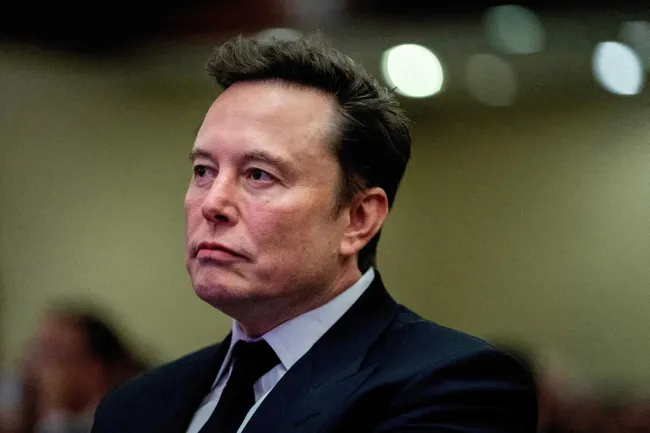Elon Musk Defies Germany, Champions Far-Right AfD as “Mainstream” on Platform X—Democracy in Action or Dangerous Meddling?
Elon Musk, the billionaire tech mogul turned self-appointed political disruptor, is making waves once again—this time by championing Germany’s far-right Alternative for Germany (AfD) party. Through his social media platform, X, Musk is positioning the AfD as a “mainstream” political force, directly challenging Germany’s political establishment and sparking a storm of criticism. Is this a principled stand for free speech, or reckless interference in another country’s democracy?
Musk’s AfD Campaign: Savior or Saboteur?
Musk has embraced the AfD with fervor, calling it Germany’s “last spark of hope” on X. In an op-ed for Welt am Sonntag, he dismissed the far-right label as “hysterical propaganda” and cited AfD leader Alice Weidel’s same-sex relationship as evidence of the party’s supposed inclusivity. Critics, however, see his actions as a dangerous gambit. They argue that Musk, a foreign billionaire with no stake in Germany’s future, is using his platform to legitimize a party with well-documented ties to extremism.
A Global Stage for Extremism: Musk’s Chat with Alice Weidel
On January 9, Musk hosted a live-streamed conversation with Alice Weidel, giving her a global platform to share the AfD’s anti-immigration and Eurosceptic agenda. The event drew immediate backlash, with many comparing it to Musk’s cozy interview with Donald Trump. By giving airtime to a party that mainstream German politicians have long avoided, Musk has reignited debates about free speech versus the promotion of harmful ideologies. Is he a defender of open dialogue—or a megaphone for extremism?
Germany Strikes Back: “A Frontal Attack on Democracy”
German leaders are pushing back forcefully. Chancellor Olaf Scholz dismissed Musk’s actions as inconsequential, while Vice Chancellor Robert Habeck described them as a “frontal attack on democracy.” The European Commission has launched an investigation into whether Musk’s promotion of the AfD violates the EU’s Digital Services Act, which seeks to curb the spread of extremist content online. Yet the question remains: can regulatory measures effectively challenge a billionaire with a global platform and an agenda?
The AfD’s Rising Influence: A Dangerous Tipping Point?
Polling at 19%, the AfD is gaining momentum, fueled by public frustration over immigration and anti-establishment sentiments. But its rise comes with a troubling reality: German intelligence has classified three of its state chapters and its youth wing as extremist. Musk’s vocal support risks amplifying the AfD’s reach, raising fears of a far-right resurgence in Europe’s most influential economy.
Musk’s Playbook: Far-Right Alliances Across Borders
This isn’t Musk’s first foray into populist politics. From endorsing Italy’s Giorgia Meloni to supporting the UK’s Reform Party, Musk has positioned himself as a global advocate for far-right movements. Critics warn that his actions reveal a disturbing trend: the growing power of tech billionaires to influence political systems—often with little accountability.
The Bigger Picture: Democracy or Chaos?
Elon Musk’s intervention in German politics is more than controversial—it’s a high-stakes gamble. By amplifying the AfD, he is testing the limits of free speech, challenging the strength of democratic institutions, and forcing the world to confront an uncomfortable question: can one individual, armed with a massive platform, reshape the political trajectory of a nation?
As Germany approaches its 2025 elections, the consequences of Musk’s involvement remain uncertain. Will his gamble pay off—or will it spark a backlash that reverberates far beyond Germany’s borders?
